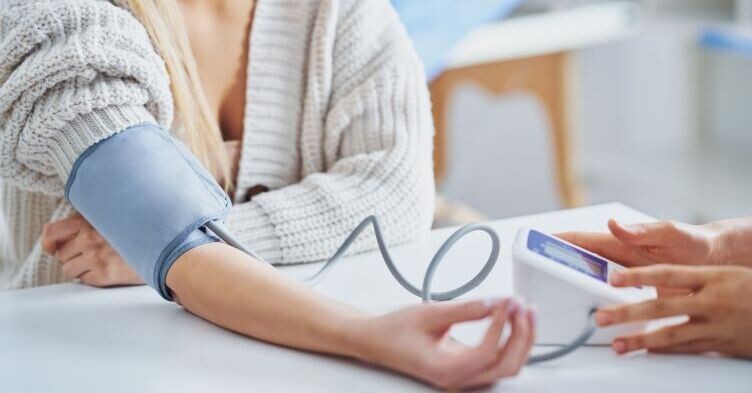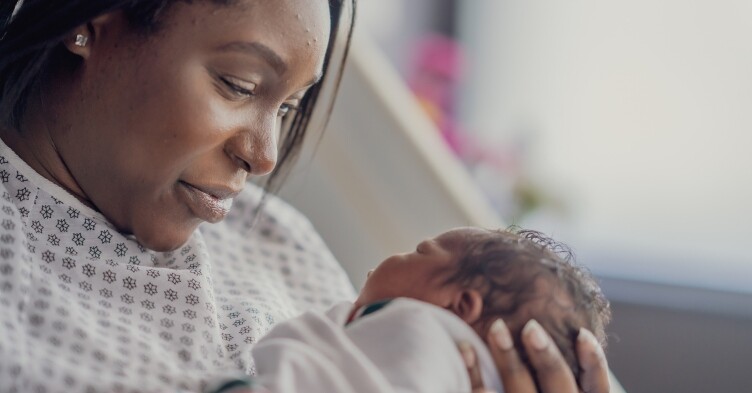Venous thromboembolism warning over contraceptive pills with NSAIDs

Women taking non-steroidal anti-inflammatory drugs (NSAIDs) while on contraceptive pills are more likely to suffer potentially fatal venous thromboembolic events (VTE), according to new research.
Concerns have been raised that using common painkillers – including ibuprofen – alongside hormonal contraception, can lead to an increased risk of VTE, according to the Danish study published by the BMJ.
Those taking combined oral contraceptives containing third or fourth generation progestins faced a greater risk, but it was smaller in women using progestin-only tablets, implants and coils, alongside NSAIDs ibuprofen, diclofenac and naproxen.
Researchers uncovered that the absolute risk of developing VTE low, even in women using high-risk hormonal contraception.
They warned that women should be advised of the potential risks due to the widespread use of both hormonal contraception and NSAIDs.
Previous research underlined that NSAIDs were linked to VTW, but little is known about whether using them influences the risk in otherwise healthy women using hormonal contraception.
Related Article: Diagnosis Connect service will link people to advice from charities
Medical records to track first time diagnoses of VTE among two million women aged 15 to 49 living in Denmark between 1996 and 2017 with no history of VTE, cancer, hysterectomy or fertility treatment, according to the Danish research team.
Experts divided hormonal contraception was divided into high, medium and low risk, according to their association with VTE based on previous studies.
Study author Dr Amani Meaidi, of the University of Copenhagen, said: ‘Using high quality, linkable, national registries, this nationwide study adds new knowledge on the risk of a potentially fatal event during concomitant use of two drug classes often prescribed to otherwise healthy women.
‘Women needing both hormonal contraception and regular use of NSAIDs should be advised accordingly.’
High-risk hormonal contraception ranged from combined oestrogen and progestin patches, vaginal rings, and pills containing either 50 mcg oestrogen or third- or fourth-generation progestins.
Meanwhile, medium-risk contraception included all other combined oral contraceptives and the medroxyprogesterone injection, along with progestin-only tablets, implants, and hormone intrauterine devices (coils) were branded as low or no risk.
Age, education level, pregnancy history, prior surgery, high blood pressure and diabetes, were also considered.
Half a million women take NSAIDs while using hormonal contraception. Ibuprofen was the most frequently used NSAID (60%), followed by diclofenac (20%) and naproxen (6%).
Figures show that during more than an average 10-year monitoring period, 8,710 venous thromboembolic events occurred and 228 women (2.6%) died within 30 days of their diagnosis.
Related Article: CVD prevention must be national health priority, says report
NSAID use was linked with four extra venous thromboembolic events per week per 100,000 women not using hormonal contraception, 11 extra events in women using medium risk hormonal contraception, and 23 extra events in women using high risk hormonal contraception.
Out of individual NSAIDs, the link was strongest for diclofenac compared with ibuprofen and naproxen.
Professor Morten Schmidt, of Aarhus University Hospital, said the findings raise ‘important concerns’ about using NSAIDs, particularly diclofenac, along with high-risk hormonal contraception at the same time.
He suggests that health authorities should include the findings in their safety assessment of available over-the-counter diclofenac, while women using the pill and their doctors should consider alternatives to NSAIDs for analgesia.
Prof Schmidt added: ‘If treatment with NSAIDs is needed, agents other than diclofenac seem preferable, along with lower-risk hormonal contraceptives such as progestin-only tablets, implants, or intrauterine devices.’
Dr Channa Jayasena, clinical senior lecturer and consultant in Reproductive Endocrinology and Andrology, Imperial College London, added: ‘Blood clots are dangerous since they can lodge in the lungs causing breathing and heart problems. Contraceptive medications and painkillers like ibuprofen are essential for many women to avoid pregnancy and cope with period pain. We already know that both drugs can occasionally cause blood clots.
Related Article: Postnatal contraception advice reduces the risk of back-to-back pregnancies
‘This large study from Denmark shows that women taking ibuprofen-like drugs were more likely to have blood clots if they were also on the combined pill. Women on the coil or progesterone-only (mini) pill and women not on any contraceptive medications had lower risks of blood clots when taking ibuprofen-like drugs. It is a particular shame that the study did not test if obesity or smoking also increase blood clots risks when taking painkillers – I think they almost certainly would increase risks.
‘Painkillers and the pill (like all drugs) can occasionally have cause serious side-effects. But I don’t think this study alone should put off women taking either the pill, painkillers, or both if needed. The most important message should be for all women to reduce blood clot risk by smoking cessation and weight loss.’
A version of this article first appeared in our sister publication Pulse

See how our symptom tool can help you make better sense of patient presentations
Click here to search a symptom




